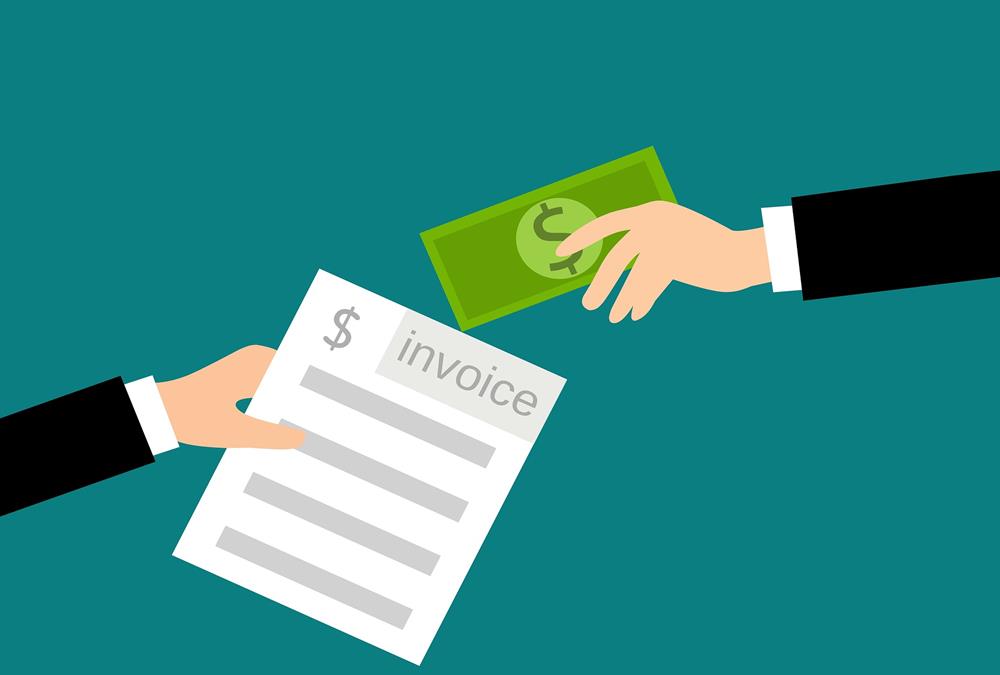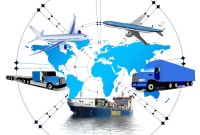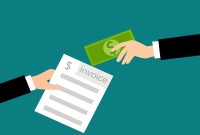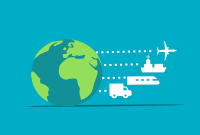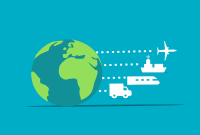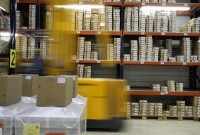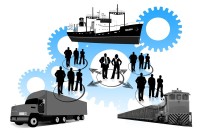- Home
- Business Processes
- Industry Knowledge
- Aerospace Industry
- Automotive Industry
- Banking Domain
- BFSI Industry
- Consumer/ FMCG Industry
- Chemicals Industry
- Engineering & Construction
- Energy Industry
- Education Domain
- Finance Domain
- Hospitality Domain
- Healthcare Industry
- Insurance Domain
- Retail Industry
- Travel and Tourism Domain
- Telecom Industry
- Leadership Skills
- eLearning
- Home
- Functional
- Procure to Pay
- Accounts Payable Definition
Accounts Payable Definition
Understand what we mean by accounts payable. Why the process is called accounts payable and what are the other names by which this process is known as. Download a ready recokner to keep with you.
What is Accounts Payable
- Accounts payable is the amount owed for the purchase of goods or services at a specific date.
- It is the money that a company owes to vendors for products and services purchased on credit extended in the normal course of business.
- As a general practice suppliers offer to their customers credit, which is an payment arrangement to pay for a product or service after it has already been received.
- Accounts Payable is presented as Current Liabilities under the Liability section of the Balance Sheet. It represents a negative cash flow for the company.
- Accounts payable are often referred to as "payables".
- Accounts Payable is considered as Current Liability, meaning that it is a short term credit extended to the business expected to be fulfilled in less than a year
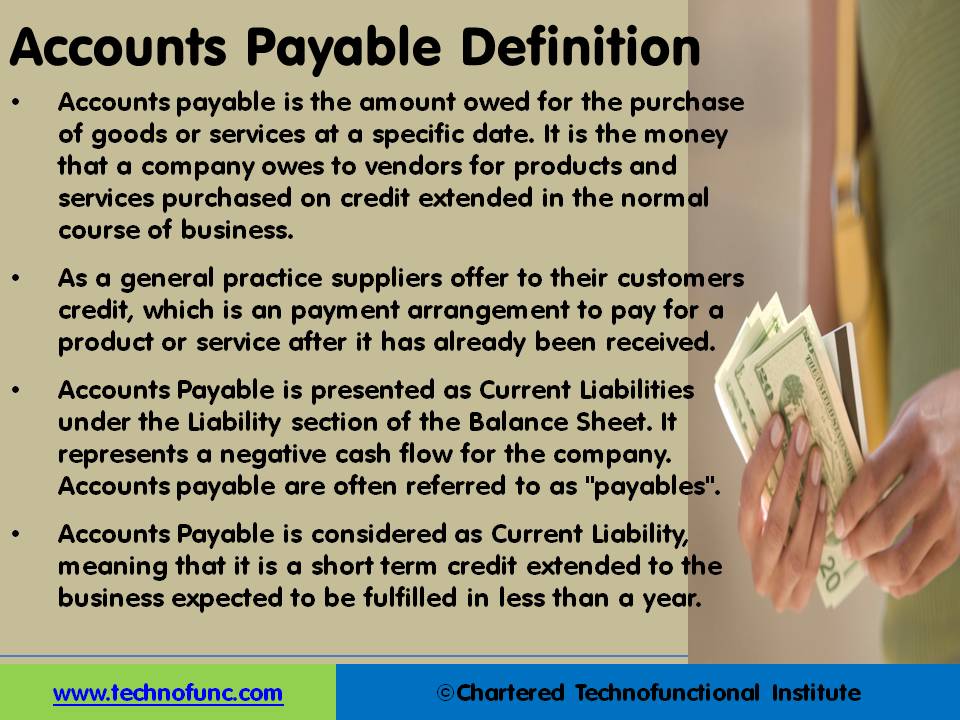
Related Links
You May Also Like
-
Overview of Third-Party Logistics
Third-party logistics (abbreviated as 3PL, or TPL) is an organization's use of third-party businesses to outsource elements of its distribution, warehousing, and fulfillment services. A third-party logistics provider (3PL) is an asset-based or non-asset based company that manages one or more logistics processes or operations (typically, transportation or warehousing) for another company.
-
Payables are often categorized as “Trade Payables” & “Expense Payables”. “Trade Payables” are the monies due for the purchase of physical goods that are recorded in Inventory. “Expense Payables” are the monies due for the purchase of goods or services that are expensed.
-
Understand what we mean by accounts payable. Why the process is called accounts payable and what are the other names by which this process is known as. Download a ready recokner to keep with you.
-
Large companies have huge number of suppliers. To remain competitive they need to manage their procure to pay process very effectively. They create specialized division to handle these operations.
-
Understand the Accounts Payable process. Understand the AP cycle and the various tasks that need to be completed during AP transaction processing. Learn the key activities and setups that are done in any typical system during the AP processing.
-
To stay competitive in today’s tough market, the location of your warehouse is vital. To grow retail business need to offer to customers faster and affordable shipping time, which is dependent on the warehousing location as the location of the warehouse affects the transit time to ship orders to customers.
-
Types of Inventory Count Processes
While dealing with lots of inventory in a warehouse, lots of things can go wrong. Shipments may not have the right number of units in them, or they could get damaged somewhere along the supply chain. Discrepancies in the stock may arise as part of every inventory control, and need to be corrected immediately after the inventory control procedure has been finished.
-
What is a Warehouse & why companies need them?
All organizations hold stocks. In virtually every supply chain, gaps exist between when something is produced and when a customer is ready to buy or receive it. Stocks occur at any point in the supply chain where the flow of materials is interrupted. This implies that products need to be stored during this period of gap.
-
One of the warehousing best practices that retailers like Walmart, Amazon, and Target have adopted is known as cross-docking. During this process the inbound products are unloaded at a distribution center and then sorted by destination, and eventually reloaded onto outbound trucks. In real parlance, the goods are not at all warehoused but just moved across the dock (hence the name).
-
Companies and businesses have huge transactions pertaining to their accounts payable process. They receive goods and services from various suppliers and they need to manage timely payments to these creditors to avoid default and adhere to the payment terms.
Explore Our Free Training Articles or
Sign Up to Start With Our eLearning Courses

About Us
Learning
© 2023 TechnoFunc, All Rights Reserved
